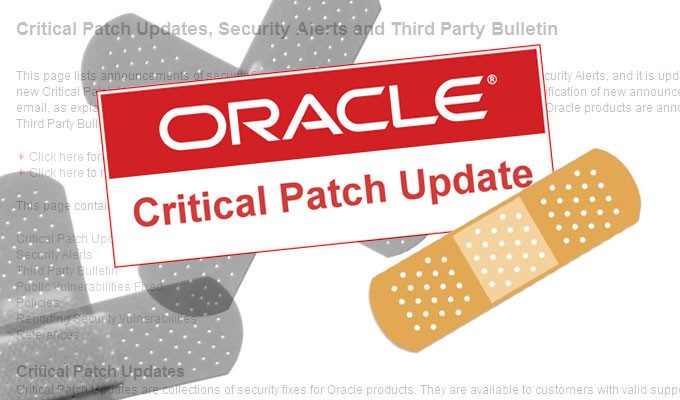
Oracle Critical Patch Update (CPU) is an important security update released by Oracle Corporation every quarter. The CPU contains security fixes for vulnerabilities discovered in Oracle products and components. In this blog post, we will discuss what the Oracle Critical Patch Update is, the types of patches it contains, and how organizations can stay protected by applying the latest CPU releases.
What is the Oracle Critical Patch Update?
Oracle releases a set of security updates known as the Oracle Critical Patch Update on Tuesdays that fall closest to the 15th of January, April, July, and October. The Oracle Database, Fusion Middleware, Java SE, and Virtualization are among the Oracle products for which these quarterly updates fix vulnerabilities. A severity scale of 1 to 10, with 10 representing the most serious, is used to grade the CPU fixes. Because they address extremely serious vulnerabilities, patches rated 9 or 10 should be implemented right away.
Types of Patches in the CPU
There are different types of patches included in each Oracle CPU release:
- Security patches – Address vulnerabilities that could be exploited by attackers to compromise systems or steal data. These are the highest-priority patches to apply.
- Bug fixes – Resolve software bugs that do not directly impact security but could cause application errors, crashes, or other issues if left unpatched.
- Enhancements – Improve existing functionality, performance, or other aspects of Oracle products without fixing security issues or bugs.
- Documentation updates – Contain revised documentation to reflect changes made by security patches, bug fixes, or enhancements.
How to Stay Protected with CPU Updates
It is important to apply Critical Patch Updates (CPUs) from Oracle as soon as possible to maintain security. Download and test patches immediately on test systems to allow time for deployment on production before the next CPU. Apply the most critical patches within 30 days and the least critical ones within 90 days following a risk-based process. Use automated tools to scan for vulnerable components and schedule patch deployments across all Oracle systems. Maintain an asset inventory and patching history for compliance reporting. Educate DBAs and system owners on the importance of timely CPU updates through security awareness.
Prioritizing Oracle CPU Updates
When prioritizing Oracle CPU updates, it is important to consider several factors to apply the most critical patches first. These include looking at severity ratings and applying the most severe patches first. Understanding CVE details to prioritize patches addressing known exploits is also key. The function of systems should be taken into account, prioritizing databases, internet-facing, and sensitive systems over others. Dependencies between patches must be understood to apply required patches before optional ones. Planned projects and key dates, along with data on vulnerable systems from scans, can also influence the priority of patches. Methodically prioritizing helps balance security risk with operational needs.
Conclusion
The Oracle Critical Patch Update is an essential part of maintaining security and compliance for Oracle software deployments. By understanding the types of patches included, following best practices for testing and deployment, and prioritizing the most important updates, organizations can help protect their environments from vulnerabilities addressed in each quarterly CPU release. Timely and effective patching is a core part of any risk management strategy involving Oracle Cloud testing technologies. Tools like Opkey help reduce the effort required for testing Oracle releases. Opkey streamlines the process of identifying test impact and scope for each Oracle update. Its integration of business and IT activities allows automation of repetitive test tasks. This helps minimize the work of testers when new updates are applied. By automating testing, Opkey accelerates the process of deploying critical patches and customizations. This ensures business operations face minimal disruption during the Oracle upgrade. Organizations benefit from faster release cycles with maintained quality.





